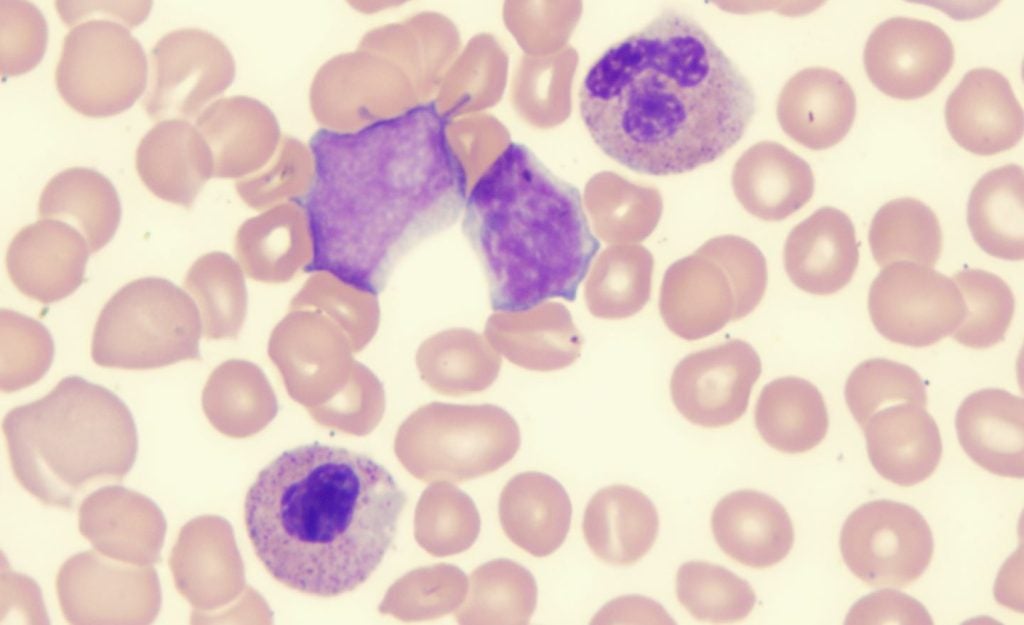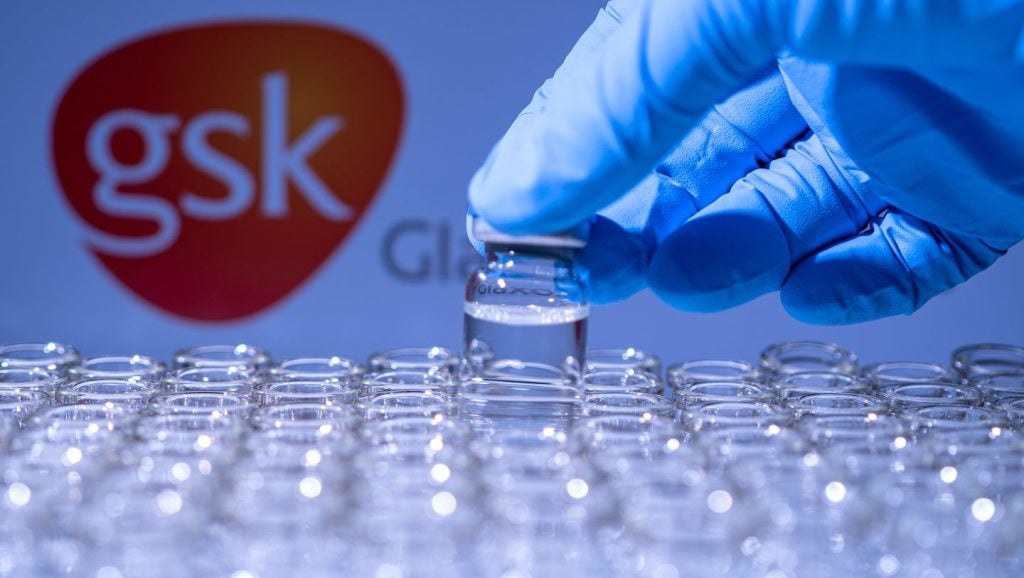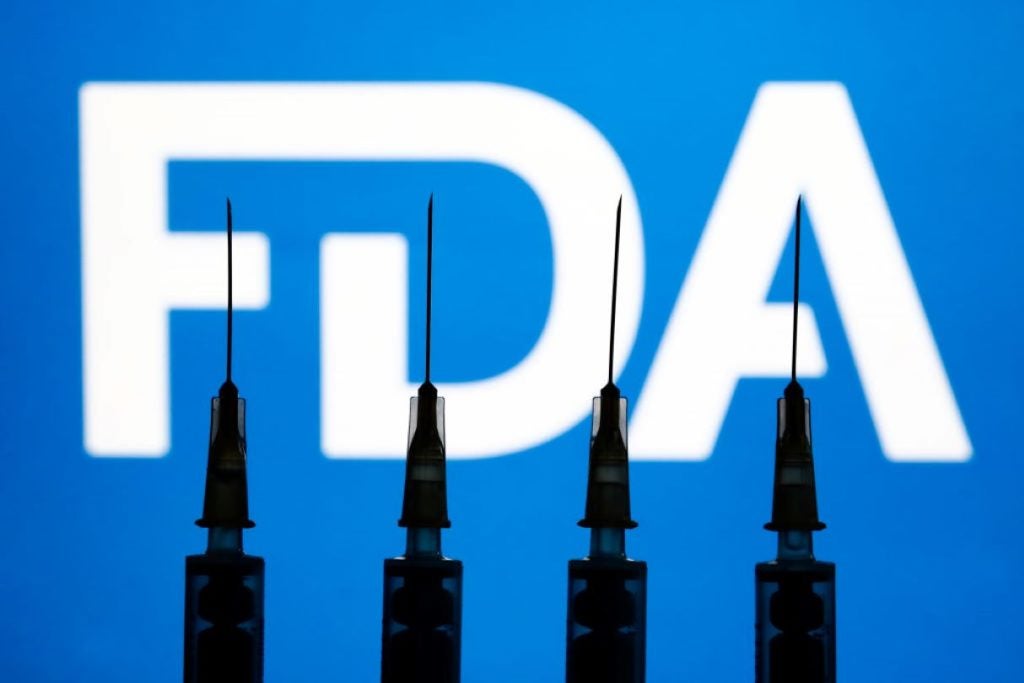The US Food and Drug Administration (FDA) has granted approval for Geron’s RYTELO (imetelstat) for adults with low to intermediate-1 risk myelodysplastic syndromes (MDS) with transfusion-dependent anaemia.
The approval marks a significant milestone for patients requiring red blood cell transfusions four or more times over eight weeks and who are unresponsive to, have lost response to, or are not eligible for erythropoiesis-stimulating agents.
The FDA's decision is grounded in the positive results from the IMerge Phase III clinical trial.
RYTELO demonstrated a significant increase in red blood cell transfusion independence compared to placebo.
The trial's primary and key secondary endpoints were met, showcasing RYTELO's ability to provide durable and sustained responses for patients with MDS.
In the trial, the safety profile of RYTELO was well-characterised with the most common adverse reactions being manageable cytopenias.
Neutropenia and thrombocytopenia were the most frequent Grade 3/4 side effects, typically resolving within a short timeframe
Geron chairman and CEO John Scarlett stated: “With the approval and availability of RYTELO, we believe eligible patients with lower-risk MDS can potentially experience meaningful clinical benefit, particularly the potential for greater than 24 weeks of freedom from the burden of red blood cell transfusions and symptomatic anaemia.
“The approval of RYTELO as the first telomerase inhibitor is a testament to the power of our science and the passion of our people to innovate in the field of blood cancer. As we celebrate the momentous milestone, I would like to thank the patients and families, advocates, clinicians, study coordinators, site personnel, scientists and Geron employees and collaborators past and present whose participation was integral to this achievement and to supporting our transformation into a commercial company.”
In March 2024, advisers to the US Food and Drug Administration (FDA) defended Geron‘s imetelstat, saying that the benefits outweighed the risks associated with the treatment, based on data from Phase III IMerge trial in MDS patients.
















